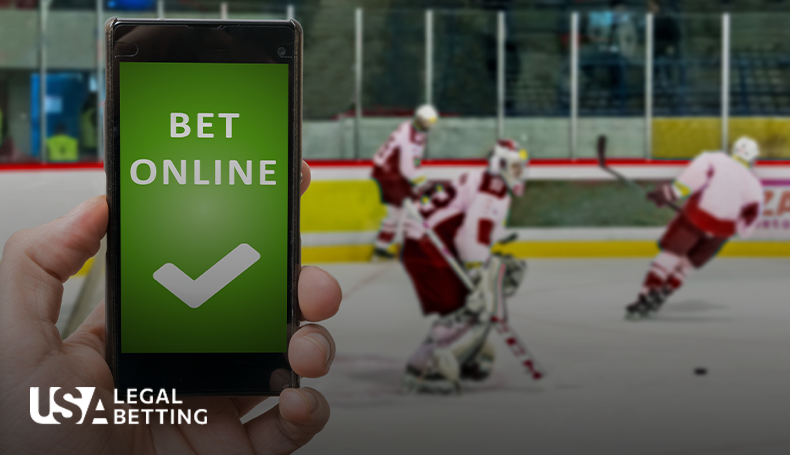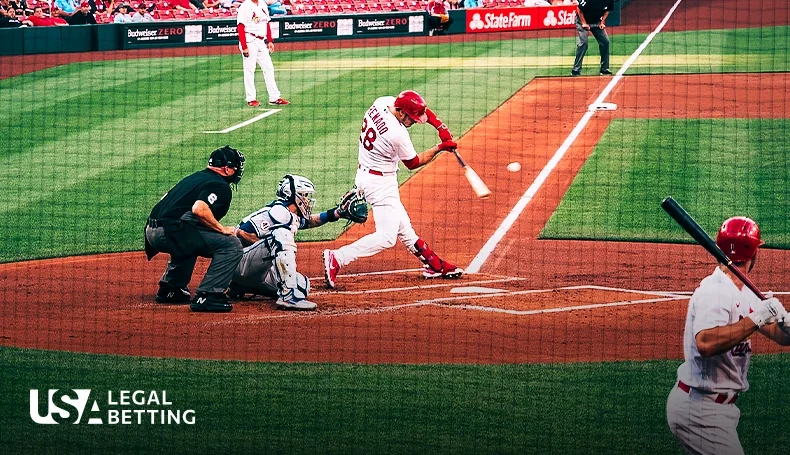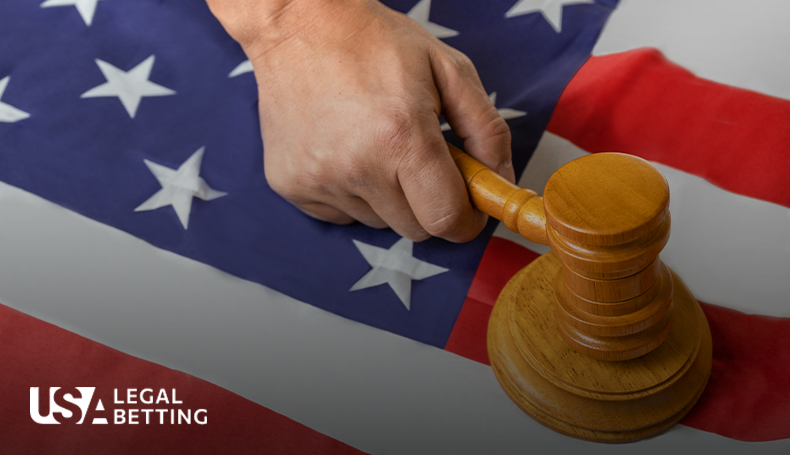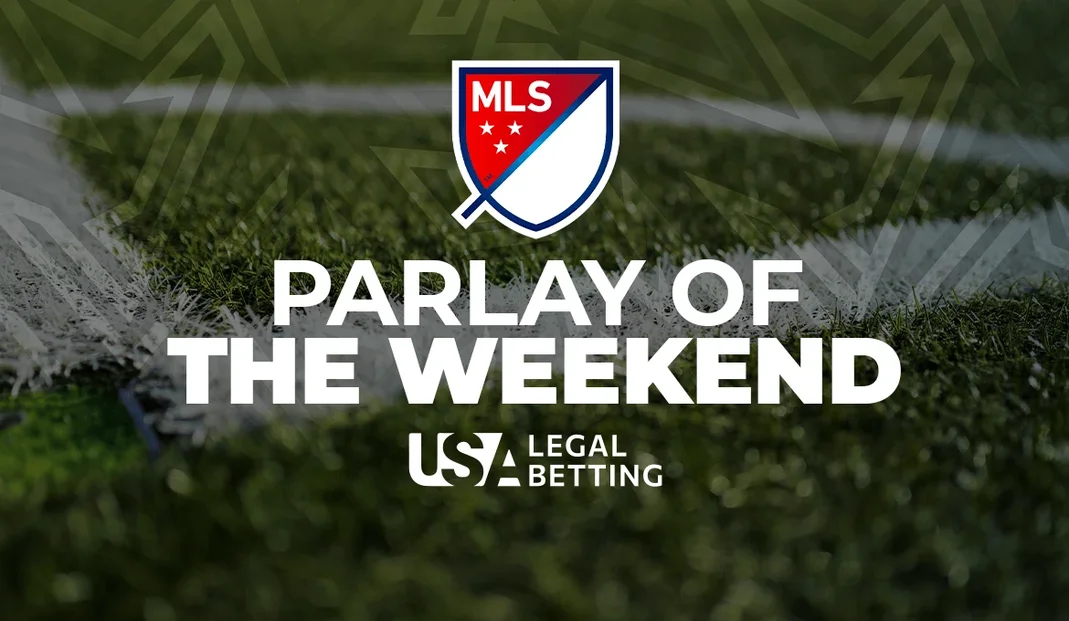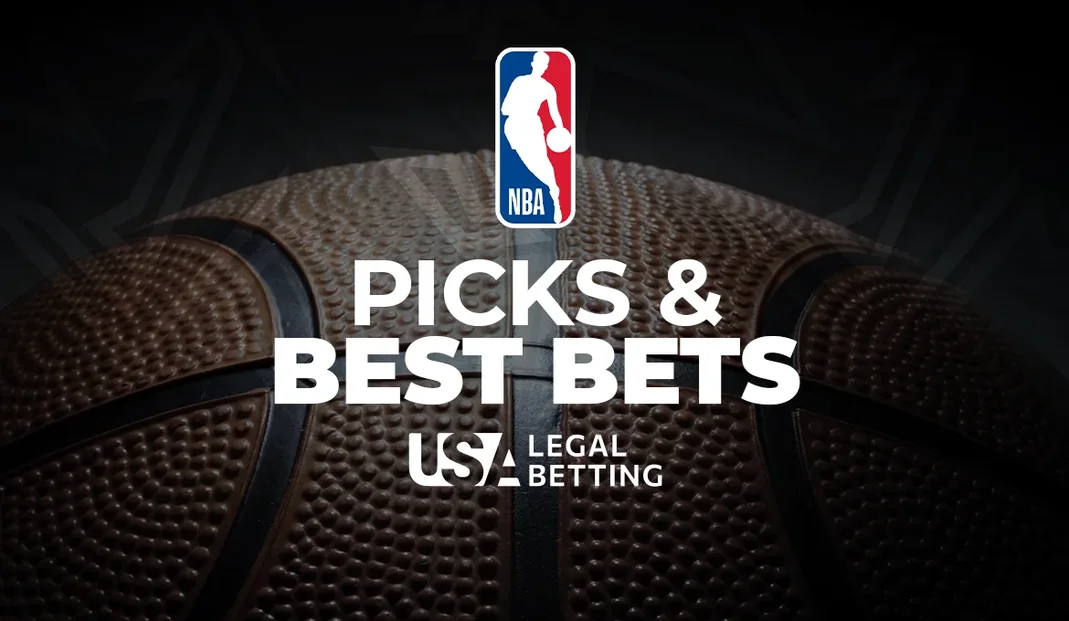Sports betting has permeated sports at nearly every level in America, even in states where legal sports betting is not available. Fans are still shown betting odds by pre-game shows and during live broadcasts, like the NBA’s FanDuel live point spread update, and make attempts to use offshore sportsbooks to circumvent the restrictions in place.
That has created a variety of trickle-down effects, both positive and negative. Fans now have more entertainment and ease of access than ever before, and eyes are being opened to more sports and teams because of the betting opportunities.
However, athletes are now also subjected to harsher treatment online and even in-person on days where they don’t perform and cause a bettor to lose their money. Such instances have been most recently seen with NBA players such as Bradley Beal of the Washington Wizards.
This is the second recent attempt at increasing responsibility during the advertising process. Last month, the American Gaming Association released a set of updated standards that outlawed partnerships between sports betting companies and colleges unless they were for the purpose of promoting responsible gaming.
PointsBet, for example, had a deal with the University of Colorado that gave it advertising privileges throughout the athletics campus and rewarded the school with over $11 million upfront and $30 for every affiliate code signup.
That partnership ended amicably after the AGA’s update, and PointsBet just this week began the process of selling its American operations.
The leagues in the coalition will not be banned from working with sports betting companies, nor will the players or teams they employ.



